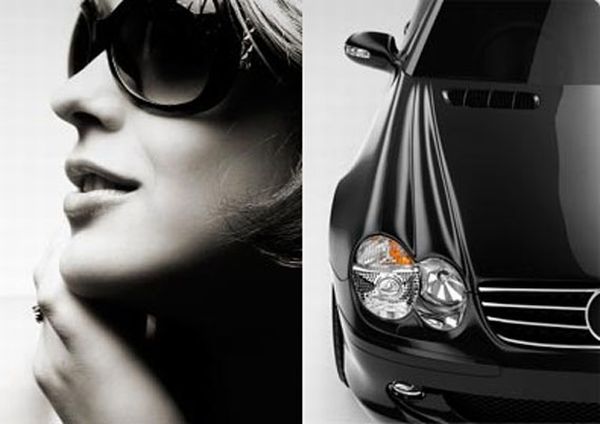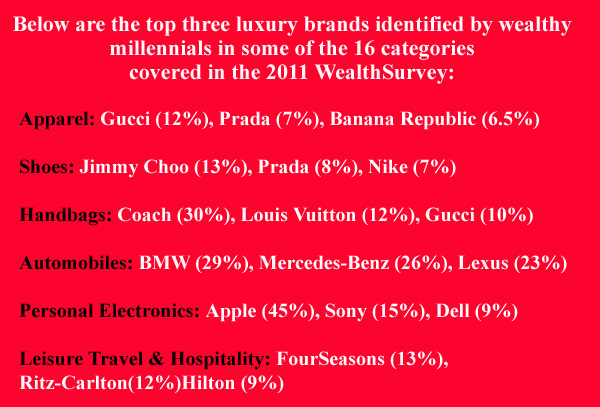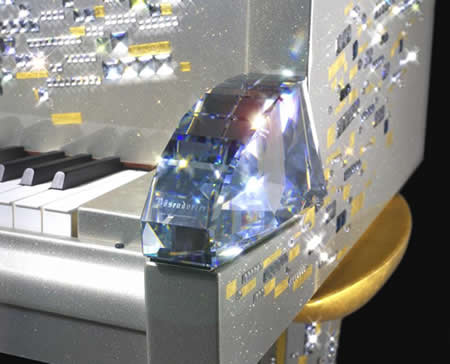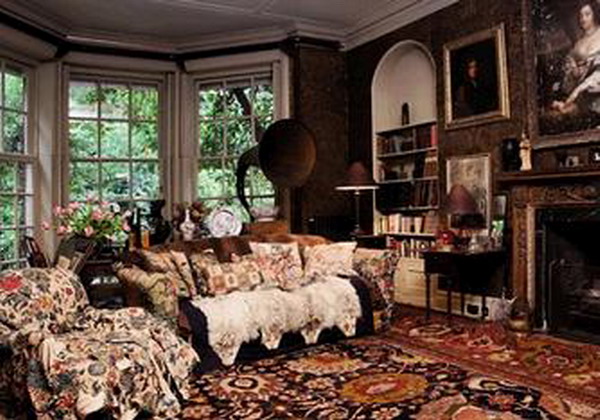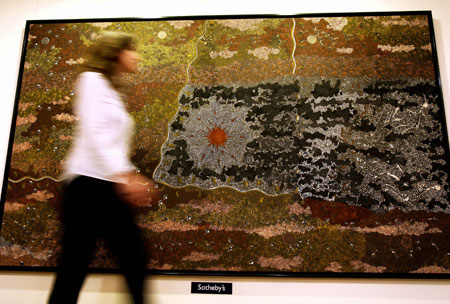It is important to know the market and the trends prevailing before preparing strategies to capture a greater share of the market. The Luxury Institute conducts extensive research amongst the wealthy consumers to study their behavior and attitudes and their reaction to the prevailing trade practices. They publish their report nine times every year and update their data continually. Their latest report has come on the 15th of June 2011.
The important findings of the report are as follows. The performance of luxury retail sales was more robust in May than mass market. Saks led the way registering a 20.2% increase over the same period last year. Niche products that stress more on value proposition have registered smart gains in sales. Yoga fashion and kid’s apparel have done extremely well. The younger generation of consumers in the age group between 21 to 35 years consider loyalty program to be an essential component of a luxury brand. Half of the young wealthy consumers think of luxury in terms of exclusivity, superior customer service and one of a kind product. They also rely much more on digital ways for their purchase.
Apple is perceived as a leading luxury brand by a large number of wealthy respondents. Almost 45% believe that Apple tops all other brands. It is followed by Rolex, Coach and BMW who have about 30% supporters who believe them to be the leading luxury brand. This indicates that consumers today do not rely excessively on brand heritage and the corresponding prestige but the experiential factors associated with the brand and its products. The 2011 Wealth Survey has studied the luxury brands in 16 different categories and ranked the brands according to the perception of the surveyed consumers.
